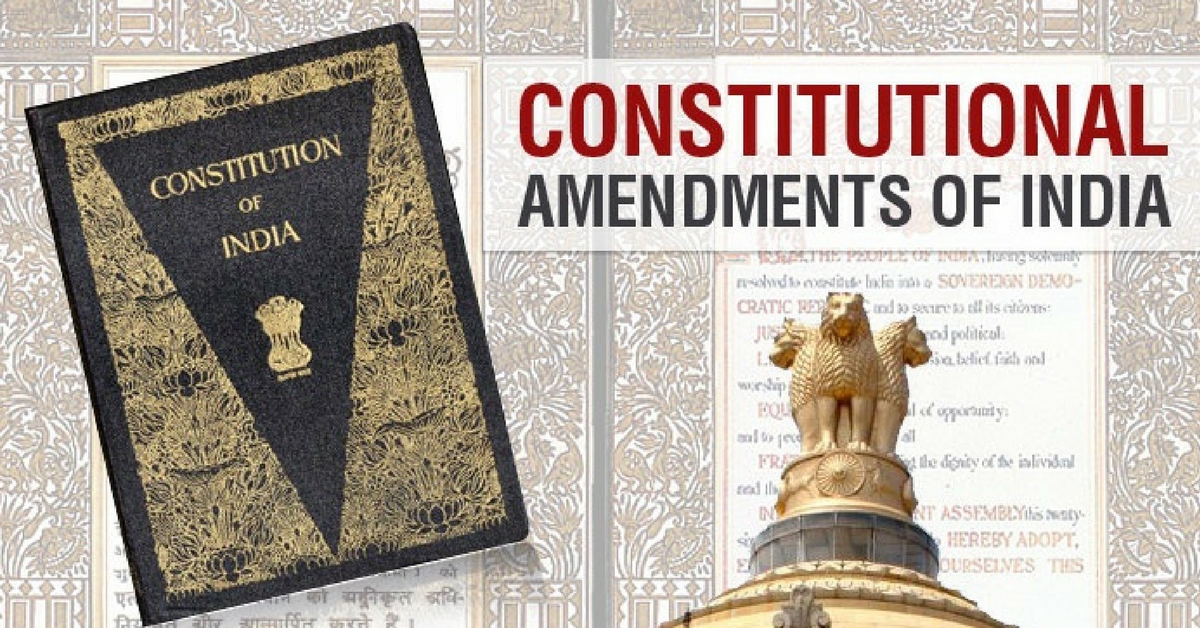Objectives of Indian Constitution
Objectives of Indian Constitution Sovereignty By declaring us as a sovereign entity, Preamble emphasizes complete political freedom. It implies that our state is internally powerful and externally free. She is free to determine for herself without any external interference. There is none within her to challenge her authority. Only this attribute of sovereignty has made … Read more


